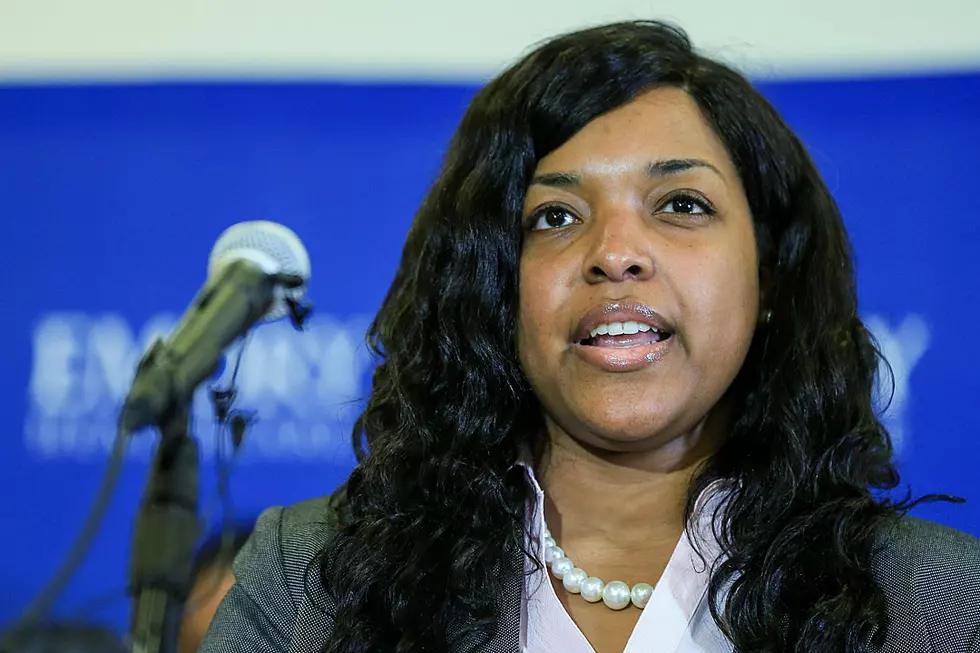
Good News About Ebola, at Last
After weeks of concern, worry and then near panic over the deadly Ebola virus, there is finally some good news that will (hopefully) relieve some of the lingering fear of a broader epidemic.
The first positive news for Americans concerned about the virus spreading out of control at home is that the people on the watch list because of their interaction with Thomas Eric Duncan, the first person to die from the Ebola virus on U.S. soil, have now been declared virus-free after the 21-day quarantine period. (If a person has contracted the virus, it will become apparent within 21 days of exposure.)
Even Duncan’s fiancée, Louise Troh, who probably had the closest contact with him while he was showing symptoms, other than health care workers, is clear of the quarantine period and has not contracted the virus. “We are so happy this is coming to an end, and we are so grateful that none of us has shown any sign of illness,” she said in a statement on Sunday.
But wait, there's more good news. The World Health Organization has declared Nigeria to be completely free of the virus. After tracing nearly every person who came in contact with the 20 Ebola patients in the country and waiting 42 days, double the maximum incubation period, since the last case tested negative, Africa’s largest country can say it has effectively contained the disease.
Initially, Nigeria reported eight deaths out of the 20 cases of the virus it was handling. One of the patients who died was an airline passenger who had brought the disease to that country. The other cases were all linked to that first patient.
To see the disease so effectively contained in Africa is a huge success and a strong sign that the rest of the continent will soon be headed in the right direction. It’s also proof that just being on a plane with a victim doesn’t put you at an extreme risk of contracting it yourself.
More From News/Talk 95.1 & 790 KFYO



![Ebola Explained — Simple Talk About How Ebola Takes Over Its Victims [VIDEO]](http://townsquare.media/site/757/files/2014/11/sick-woman-drawing.png?w=980&q=75)
![Neugebauer: States Are Reacting to Administration’s Inaction With Quarantines [AUDIO]](http://townsquare.media/site/192/files/2014/10/Official_photo3.jpg?w=980&q=75)




